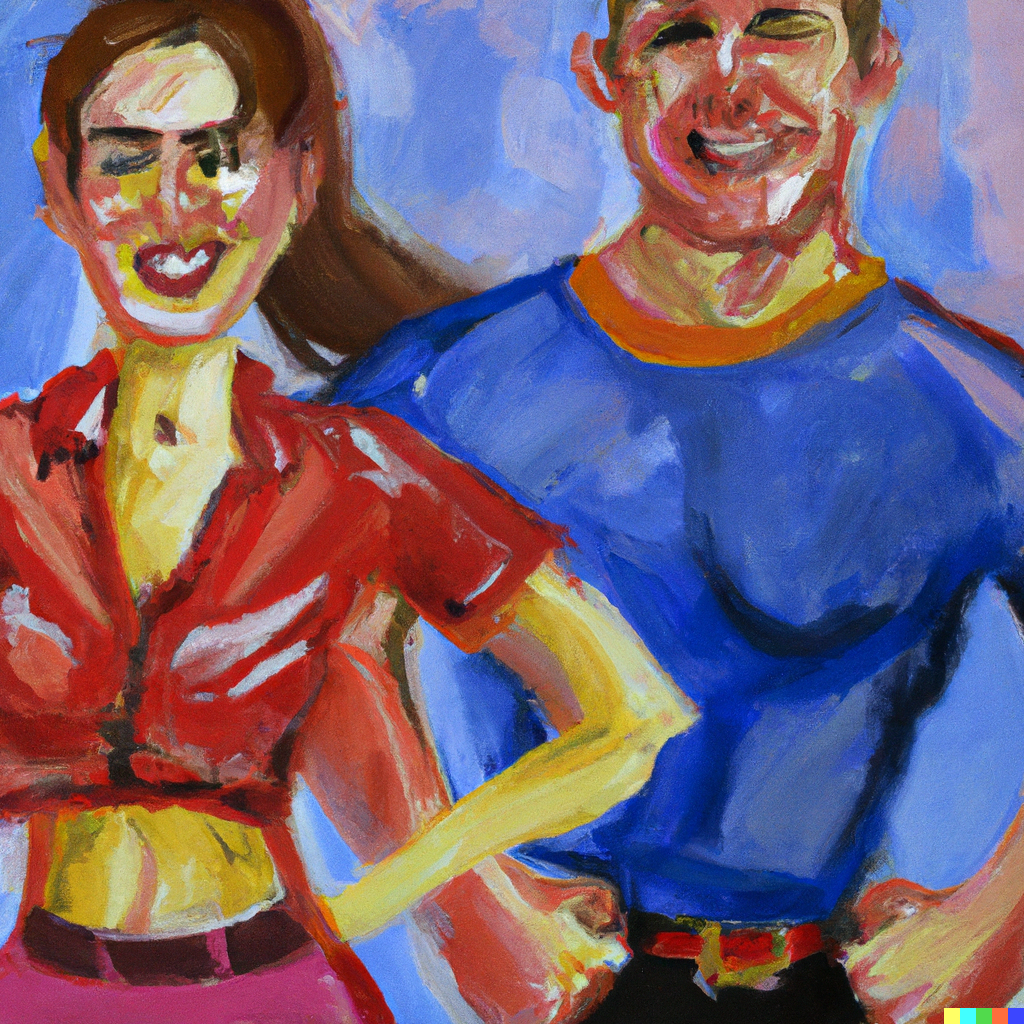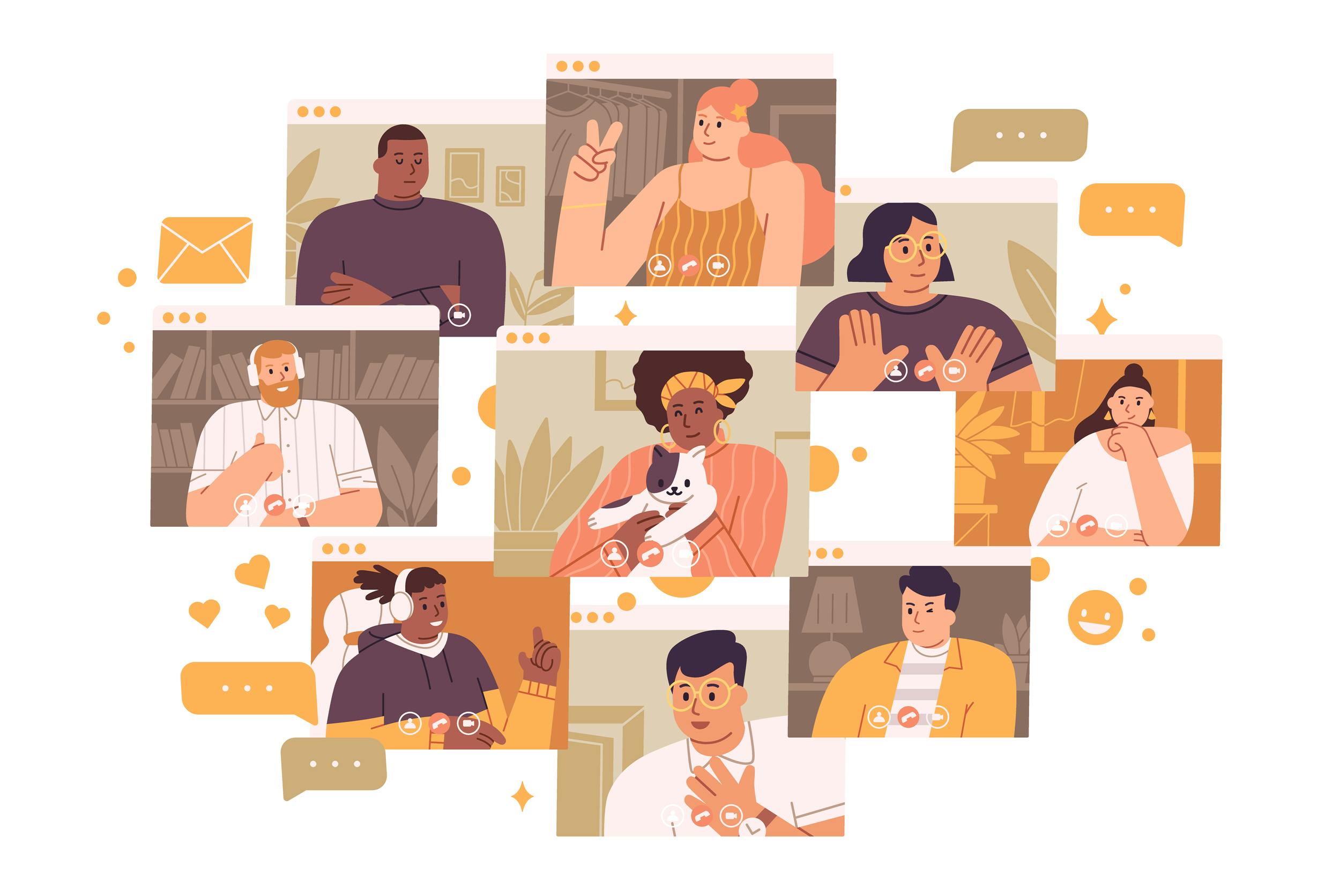

What makes an owner?
What makes an owner?
People & Ops
The startup world is an ecosystem that can be very appealing for those personalities inclined to entrepreneurship at different levels. However, you don’t need to be a founder or a startup CEO to seek a sense of ownership and feel you are contributing to growing and launching something that could have a significant impact.
In this article we will review the characteristics of the ownership mentality that can be a match to startups and influence positively in such fast-moving workplaces.

For those unfamiliar with startups, they are particular business environment with fast-paced dynamics usually revolving around a specific bit of tech. I recommend reading this article from Forbes for learning more about about it.
The life of a startup is like a marathon with many sprint stages. There is a lot of diversity and autonomy, which demands excellent coordination and cohesion to implement natural interdependence.
As a team member involved in the hiring process, I meet many people with different level of technical capabilities and soft skills.
Ownership is not exclusive to startups. Still, and specially at the beginning of any startup, a high sense of ownership is a very desirable attitude or skill. Some people have almost integrated “ownership” as one leading quality of their personality, but it can also be developed through time.
Many who work in startups, especially during its first stages, have experience in entrepreneurship or at least a preference for it. For example, it is a usual practice for some startups to search actively for hires who have been previously founders:
The entrepreneur mindset is related to a certain sense of ownership.
So, what makes an owner?
Being an owner is not just about “owning something” (even though most of the employees in a startup are also stakeholders) but more about actively contributing to the creature's growth: taking care of it in many aspects and actively working for its best.
Here are some characteristics that may help to understand what ownership means and how it relates to company life:
Owners get involved. They want to know about the company's path in all aspects. They want to know what is being done, planned, and achieved. What are the projected goals? They contribute to reaching milestones by taking responsibility for what can be done from their perspectives in their roles and field. They understand the company's vision and make analyses and contributions with ideas and feedback for a continuous improvement of the whole.
Owners align. We need to sync continuously to ensure that we share points of view with our teammates to get the best of our shared perspective and agree on the steps we individually can take to get where we want to get. We must be open to feedback during alignment and dare to share feedback with our teammates. Sincere input from the heart will not always please our egos, but it is critical to build and support a healthy company.
Owners seek context and knowledge. For example, technical owners usually need to understand and like the product or project and believe in the impact that could be achieved. Owners whose role relates to other areas of the company must at least enjoy their contribution to the team and the global aspects of the project. We are talking about doing what we love and loving what we do.
Owners have a certain level of tolerance for uncertainty. The success of any startup depends on many factors, many of those are not under our direct control. That is why staying calm, focused, and happy about the role and the project contributes to the strength of an adventurous mindset. On the other hand, startups go into the unknown and are continuously dynamic, so the mind that finds solutions must be creative and willing to explore.
Owners are resilient. With time, this trait could become “fortitude,” a desirable superpower where we can activate our best version during adversity. Owners don’t take failure too seriously to surrender, but they take it seriously enough to embrace it and learn from it.
Owners have accountability. Each can create an impact in their organizations and take the responsibility of doing so through their performance, success, and failures. When we healthily approach auto criticism, growth is guaranteed. That is one of the most direct ways to interdependence and reach the best version of ourselves.
Owners have a team vision. They contribute to the whole. And know that they are serving themselves by serving others. That also means transcending individuality and contributing to company culture, relations, shared experiences, and visions to grow. It also means making decisions by taking into account a large image. This is related to the concept of Ownership that Kaspar L. mentions in his article “Ownership and responsibility in software development teams”. It is defined as “taking the initiative to solve a task in the way you, as a team, believe is best.” Regarding this kind of initiative mentionede here:
Owners are proactive. They take action and feel free to make decisions according to the knowledge of their role and a global vision of the path. This requires a certain sense of self-confidence, which can be built with practice, by daring to take certain measured risks. This consistently overcomes the fear of failing.
These reflections can be a clue to check if we are activating all this sense and attitude around ownership and trying to motivate this in others.
But I would like to add something else, which is quite intuitive and robust: we could ask ourselves, “When do I feel like an owner?” and identify the feeling around those moments, as well as what triggers that part of our personality.
I find myself in the “ownership mode” when I see asking myself: “What needs to be done?” in a natural, spontaneous way. At that moment, I feel my willingness opens some energy flow to me to gain focus, creativity, and responsiveness. It reminds me of a definition of “discipline” by Sadhguru. This very grounded Indian spiritual master says discipline is nothing rigid but doing what needs to be done in every situation. Ownership has to do a lot with influencing our reality by being in charge and responding from the inside to what is presented to us.
In the next series of these articles, we will review what steps we have taken at Wasmer towards generating an ownership attitude within the team. Stay tuned for updates!
About the Author
People and Ops. I love encouraging people, teams, and innovative projects to reach their full potential and shine.
People & Ops
In this article we will review the characteristics of the ownership mentality that can be a match to startups and influence positively in such fast-moving workplaces.
So, what makes an owner?
Deploy your web app in seconds with our managed cloud solution.
Read more

wellnessremotepeoplehappinessculture
Fundamentals of Company Culture for Remote Teams
November 14, 2023
wellnesspeoplecultureconflictawarenesswork happiness
Conflict in the Workplace: from Clash to Awareness and Growth
May 31, 2024
peoplehappinesswasmer teamculturespanishpeople culture
La felicidad laboral, un modelo de pensamiento disruptivo
December 15, 2021
peoplehappinesscompany culturewasmer teamculture
The disruptive mindset of Work Happiness
December 15, 2021